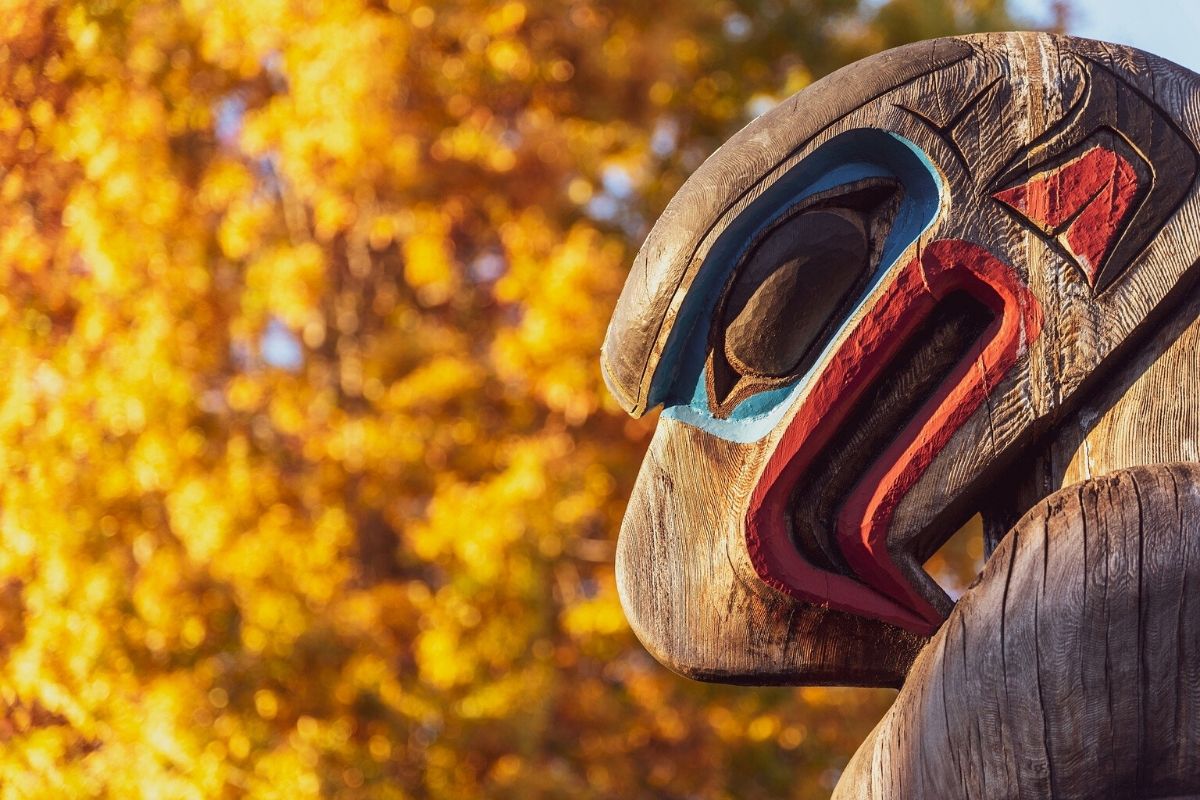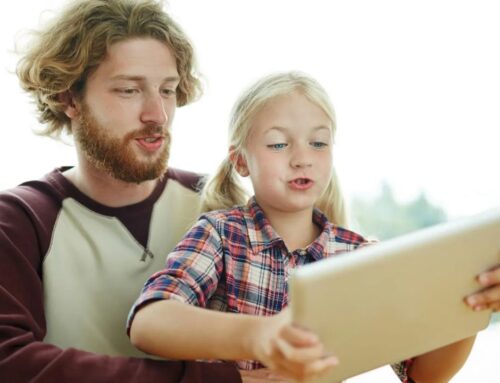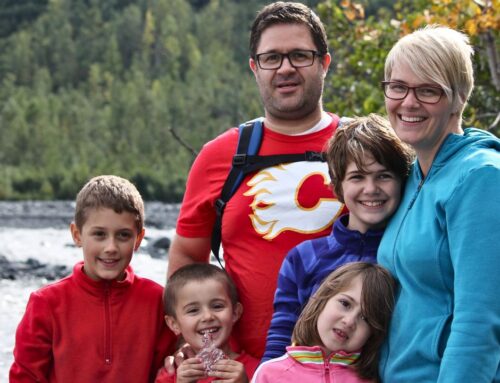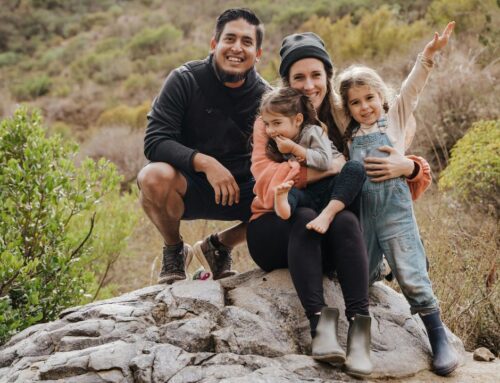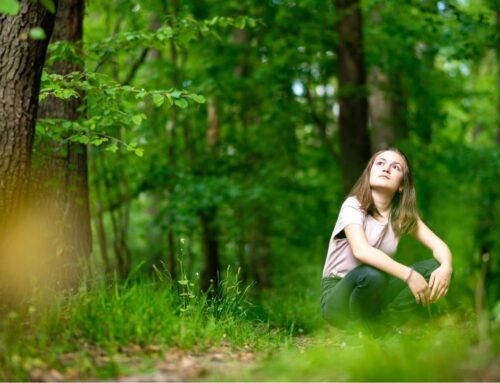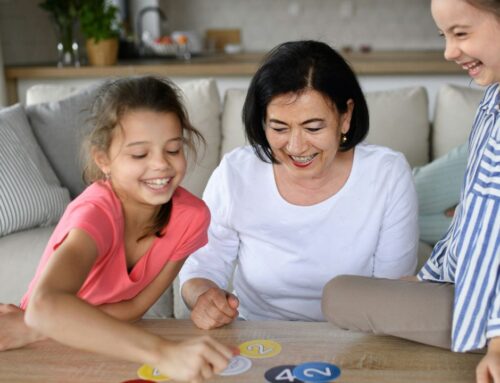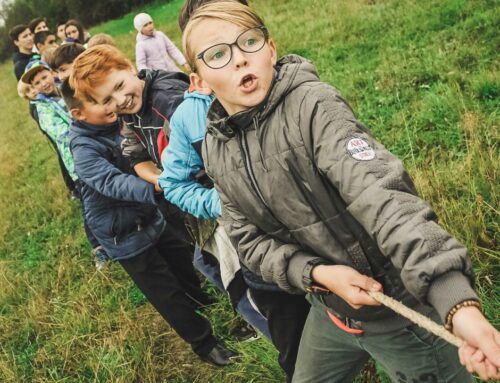SelfDesign offers an ever-growing menu of ways to explore Indigenous culture, traditions and ways of seeing and being
If you have or are a learner enrolled in SelfDesign® Learning Community, you may have experienced one of our cultural day trips. Cultural Explorations day trips, which can be in-person or virtual learning experiences, blend information and hands-on events that bring together learners, educators, and Indigenous elders and knowledge keepers in communities throughout B.C. to learn about and share Indigenous crafts and traditions. Open to both Indigenous and non-Indigenous learners, past day trips have explored, for example, the traditions of Haida basket-weaving, Anishinaabe sweet-grass rituals, First Nations drum-making and decorating, Métis beadworking, and Maori storytelling, and toured exhibits of contemporary Indigenous art.
But Cultural Explorations are only one of the most visible of the Indigenous education opportunities and services we offer. SelfDesign’s education leadership considers reconciliation to be so important to the organization as a whole that they have integrated the Indigenous Education Facilitator Patricia Collins’s role into the school’s educational program. This means Indigenous education touches on and helps to shape almost every aspect of the school.
For example, we host Indigenous parent discussion forums and hold discussion spaces for all youth to unpack the truth of the last 150 years, participate in reconciliation, and learn together through discussion and related activities. This includes participation in Orange-Shirt Day activities and learner forums on topics such as the history of residential schools.
We host regional community gatherings, online experiences, and sharing circles for Indigenous families and learners.
We offer professional development opportunities for our educators to deepen their understanding about Indigenous Canadian worldviews and perspectives and the First People’s Principles of Learning.
Our virtual and in-person camps and events include themes and activities that reflect Indigenous perspectives, and our Learning Experiences Library provides an ever-growing collection of resources, questions, suggestions and inspirations sparked by the curiosity of our learners and reflecting the cultures, diversity and history of First Nations in B.C. and other Indigenous peoples.
We facilitate monthly meetings of our Voices Indigenous Film & Book Club, where learners, families and educators can discuss films, documentaries, picture books, novels and autobiographies.
We became a member of the Gord Downie & Chanie Wenjack Foundation’s Legacy School network last year, joining a community of more than 350 legacy schools across Canada and linking to funding and educational resources that advance reconciliation.
And we encourage our learners, families and educators to take part in reconciliation-related events. Have a Heart Day is a youth-led reconciliation event to help ensure First Nations children have the services they need to grow up safely at home, get a good education, be healthy, and be proud of who they are. Orange Shirt Day promotes awareness of the ongoing effects of Canada’s former residential school system. The Moosehide Awareness campaign works to end violence against women and children.
Patricia, as SelfDesign’s Indigenous Education facilitator, has put in place many of these activities and resources, and she supports SelfDesign educators as they suggest and explore additional opportunities. However, she cautions that “again – these are just a part of what we’re doing to further reconciliation and integrated education that reflect Indigenous ways of knowing and being.”
She says the overall vision for reconciliation and learning at SelfDesign is to integrate and weave Indigenous education and mainstream education seamlessly together so that learner, families, educators and contractors automatically consider both the Canadian Indigenous and the national or international perspectives, ways of knowing and being, and ways of approaching learning.
And with the support and belief of SelfDesign’s leadership and the interest shown by learners, families, educators and First Nations communities across B.C., every new opportunity that furthers and supports reconciliation within the SelfDesign community brings that vision a little bit closer to becoming reality.
This article is part of a series about reconciliation and Indigenous learning at SelfDesign. To read other articles in this series, see Reconciliation and SelfDesign: Building capacity for intercultural understanding, empathy and mutual respect and Indigenous Education Facilitator Patricia Collins works to integrate reconciliation into every aspect of SelfDesign. And be sure to check our blog next week as we publish our final post in this series.

